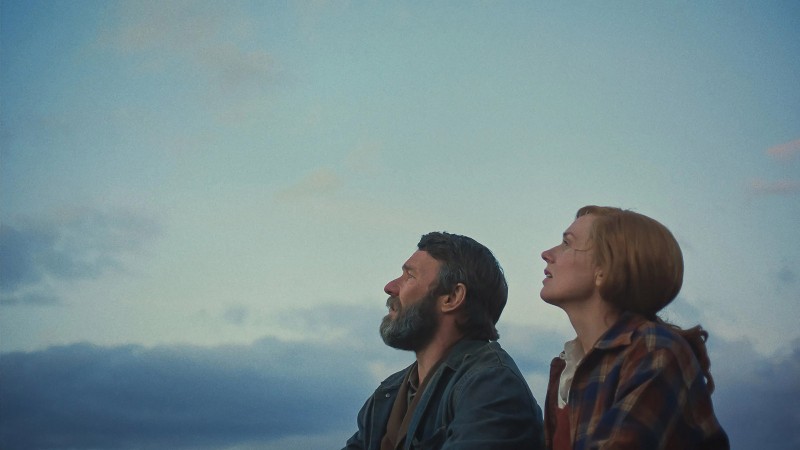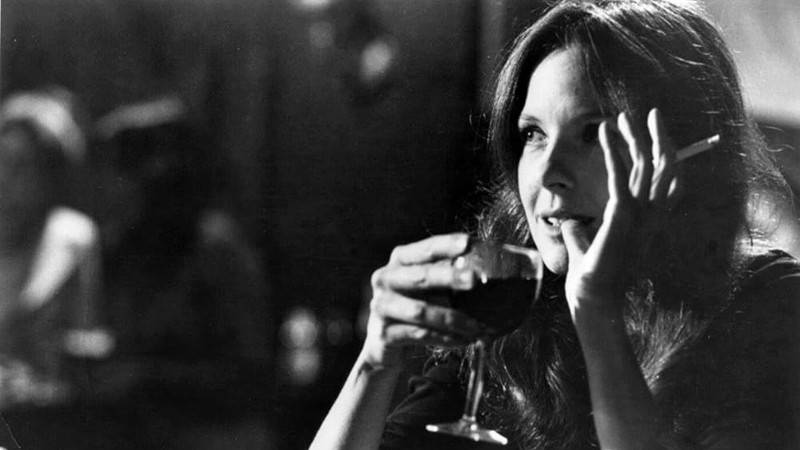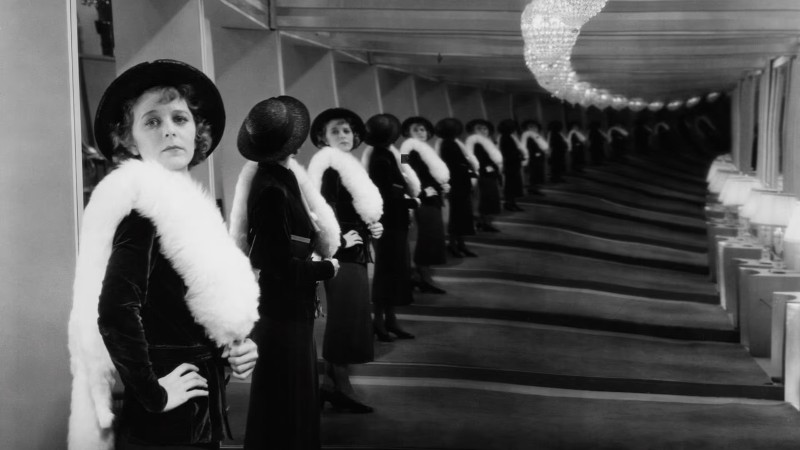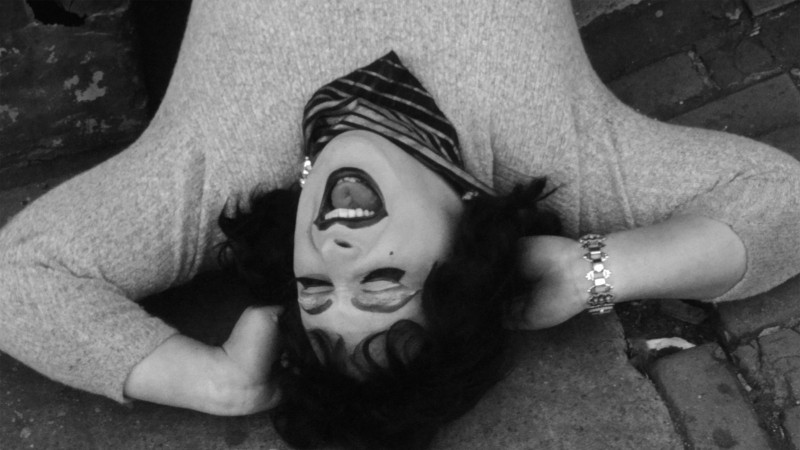Corneliu Porumboiu’s The Whistlers
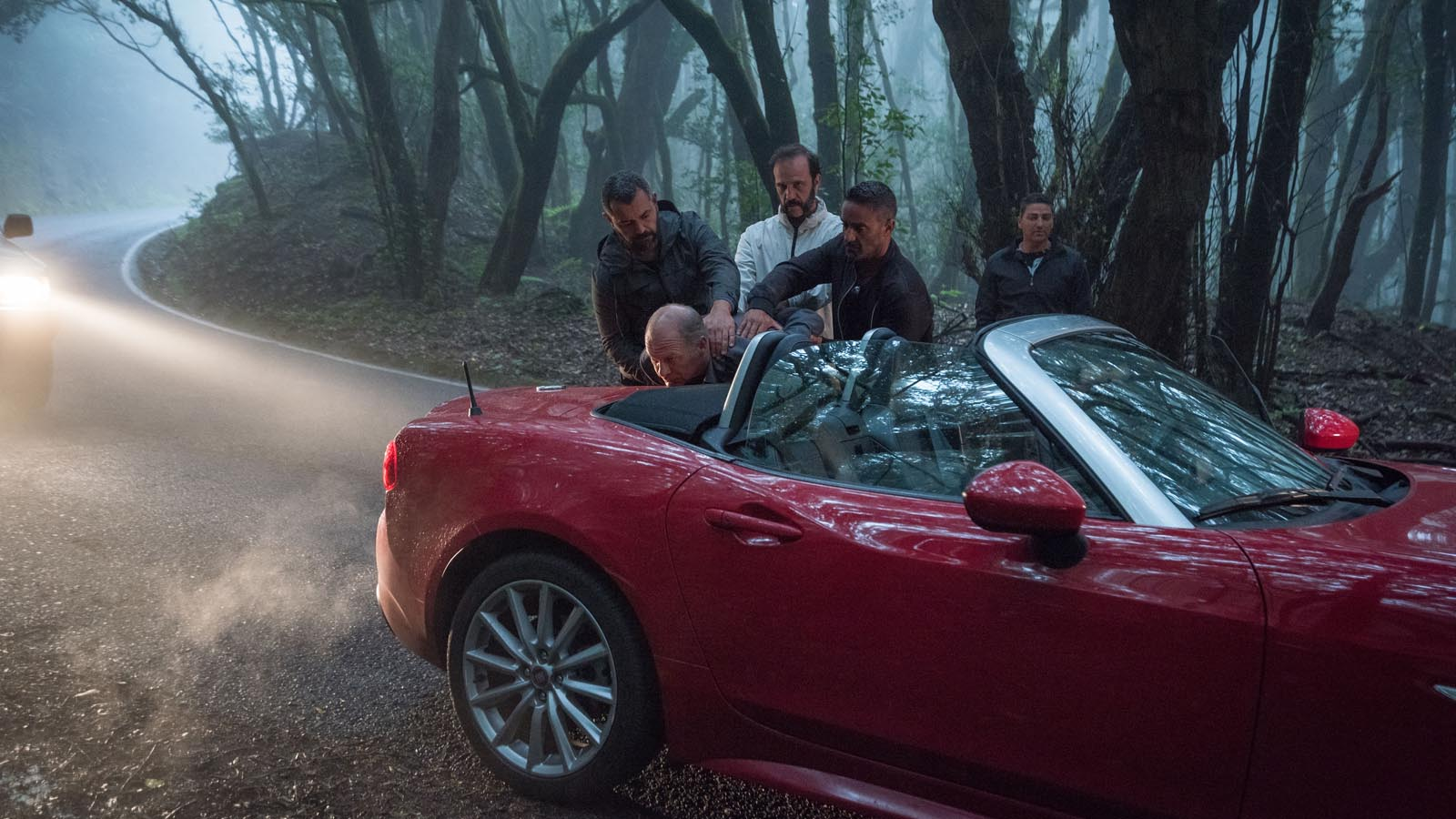
Cannes has been very good to Corneliu Porumboiu. A Trip to the City (2003), an early short, won an award from the festival’s Cinéfondation, and 12:08 East of Bucharest (2006), a foundational work for what would become known as the Romanian New Wave, won the Camera d’Or, the award presented to a first feature. Police, Adjective (2009) scored prizes from both the Un Certain Regard jury and the International Federation of Film Critics (FIPRESCI), and The Treasure (2015) was given the Prix Un Certain Talent from that year’s UCR jury. The Whistlers, a knotty, globe-hopping crime thriller, is Porumboiu’s first feature to be invited to the competition.
Talking to Cineuropa, the director explains that he recently found himself wondering what might have become of Cristi, the detective investigating a minor crime in Police, Adjective. Ten years on, Cristi (Vlad Ivanov) is still a cop in Bucharest, but he’s been dabbling on both sides of the law. He’s drawn out from under the watchful eye of his boss (who may be just as corrupt) and into a plot designed to spring a small-time criminal from prison by a femme fatale who calls herself Gilda on behalf of a Spanish crime boss. To communicate with this motley band of gangsters, he’ll have to learn el silbo gomero, an unhackable language named after an island in the Canaries that assigns pitches to vowels and consonants. “To its detriment,” writes Rory O’Connor at the Film Stage, The Whistlers “has the feel of a film that has been constructed in service of one absurd idea.”
Porumboiu’s screenplay “packs in a lot of incident,” writes Leslie Felperin in the Hollywood Reporter, “so thankfully guidance is provided not just by the very different Romanian and Canaries locations but by different lighting styles and color coding, supervised by his artistic director and wife Artantxa Etchevarria Porumboiu.” The story may ultimately make as little sense as The Big Sleep, but it’s evidently hard to be sure. “In actual fact,” adds Felperin, “it doesn't really matter because this is largely a film built up from tense set-pieces that almost feel complete enough to stand alone as tiny shorts.” Writing for Little White Lies, Adam Woodward agrees: “At any given moment, it’s hard to know who is double crossing who, and to what end, which is a big part of the film’s charm.”
For IndieWire’s Eric Kohn, it all boils down to “the story of a man who imagines he’s at the center of one movie, only to learn that he’s the supporting character in a very different one.” And in Variety, Jessica Kiang suggests that Cristi is “another of the director’s hangdog everymen, pursuing a quixotic, unrealistic and probably unnecessarily involved pipe dream that he believes will somehow make his life all better. That makes him a kindred spirit to the mid-level local functionary plotting the complete international overhaul of soccer in 2018’s wonderful Infinite Football, or the debt-ridden dad convinced there’s a fortune buried in a suburban garden in 2015’s The Treasure.”
